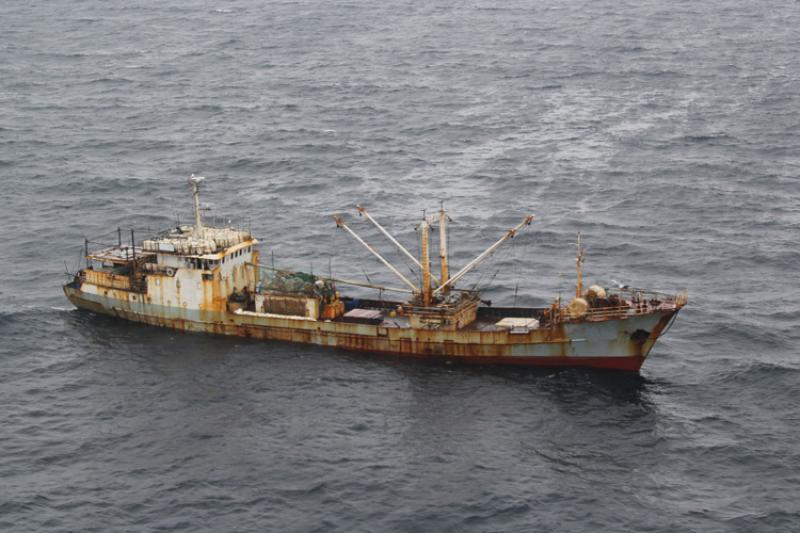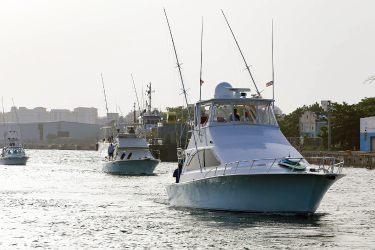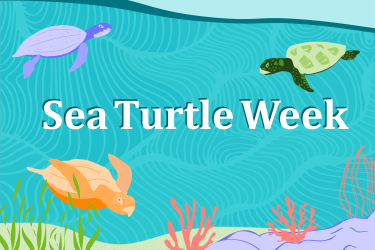The United States is committed to working bilaterally and multilaterally to combat illegal, unreported, and unregulated fishing fishing and to ensure the effective management of bycatch of protected species and sharks on the high seas creating a level playing field for U.S. fishermen and safeguarding U.S. sustainable fisheries.
The 2015 biennial report to Congress highlights U.S. findings and analyses of foreign IUU fishing activities and of bycatch of protected species and shark catch on the high seas where nations do not have a regulatory program comparable to the United States.
Identification
Six countries—Colombia, Ecuador, Mexico, Nicaragua, Nigeria, and Portugal—are identified in the latest report for having vessels engaged in IUU fishing activities during 2013–2014. On behalf of the United States, NOAA Fisheries will engage in consultations with these newly identified nations to press for corrective action. If sufficient action is not taken, and the nation does not receive a positive certification in the next biennial report, prohibitions on the importation of certain fisheries products into the United States and the denial of port privileges for fishing vessels of that nation may be levied.
Certification
Over the past two years, the U.S. government consulted with the 10 nations identified in the 2013 Report to Congress—Colombia, Ecuador, Ghana, Italy, Korea, Mexico, Panama, Spain, Tanzania, and Venezuela—to encourage them to take action against their vessels that engaged in IUU fishing activities.
It was determined that each of these nations took appropriate action to address IUU violations identified in the 2013 report through the adoption of new laws and regulations or by amending existing ones, sanctioning vessels, and improving monitoring and enforcement. The implementation of these actions resulted in a positive certification, meaning that no further action is required.
Combatting IUU fishing and other unsustainable fishing practices, such as bycatch of protected living marine resources, is critical for protecting the U.S. reputation as a leader in sustainable fishing practices. The international provisions of the High Seas Driftnet Fishing Moratorium Protection Act are an important part of ensuring the U.S. import market does not encourage or reward illegal or unsustainable activities.
Bycatch and Shark Catch
No countries were identified for bycatch of protected living marine resources or for shark catch on the high seas in the 2015 Report to Congress. However, Mexico was identified in the 2013 report for a lack of management measures for mitigating bycatch of North Pacific loggerhead sea turtles in the gillnet fishery in the Gulf of Ulloa, Baja California Sur. NOAA Fisheries appreciates the progress Mexico has made in developing a program to address this issue and will delay the certification decision until May 2015.
Illegal, Unreported, and Unregulated Fishing
The United States is a global leader in the responsible management of marine fisheries, and IUU fishing impacts the economic and environmental sustainability of U.S. and global fisheries. From Alaska to Maine to Texas, U.S. seafood is responsibly harvested and grown under a strong monitoring, management, and enforcement regime that works to keep the marine environment healthy, fish populations thriving, and our seafood industry on the job.
IUU fishing is a global problem that threatens ocean ecosystems and sustainable fisheries. IUU products often come from fisheries lacking the strong and effective conservation and management measures to which U.S. fishermen are subject. IUU fishing most often violates conservation and management measures, such as quotas or bycatch limits, established under international agreements.
By adversely impacting fisheries, marine ecosystems, food security, and coastal communities around the world, IUU fishing undermines domestic and international conservation and management efforts. Furthermore, IUU fishing risks the reputation of a multi-billion-dollar U.S. industry. Global losses from IUU fishing are estimated to be between $10 and $23 billion annually, undermining economic opportunities for U.S. fishermen and posing a direct threat to food security and socio-economic stability in many parts of the world.
Vessel Identification
As a result of strong U.S. leadership in 2013 and 2014, nearly all regional fishery management organizations in which the United States participates adopted measures requiring all eligible vessels to use the International Maritime Organization’s numbering scheme. IMO numbers will aid management authorities in combating IUU fishing by ensuring the accurate identity of vessels, regardless of change of name, ownership, or flag.




